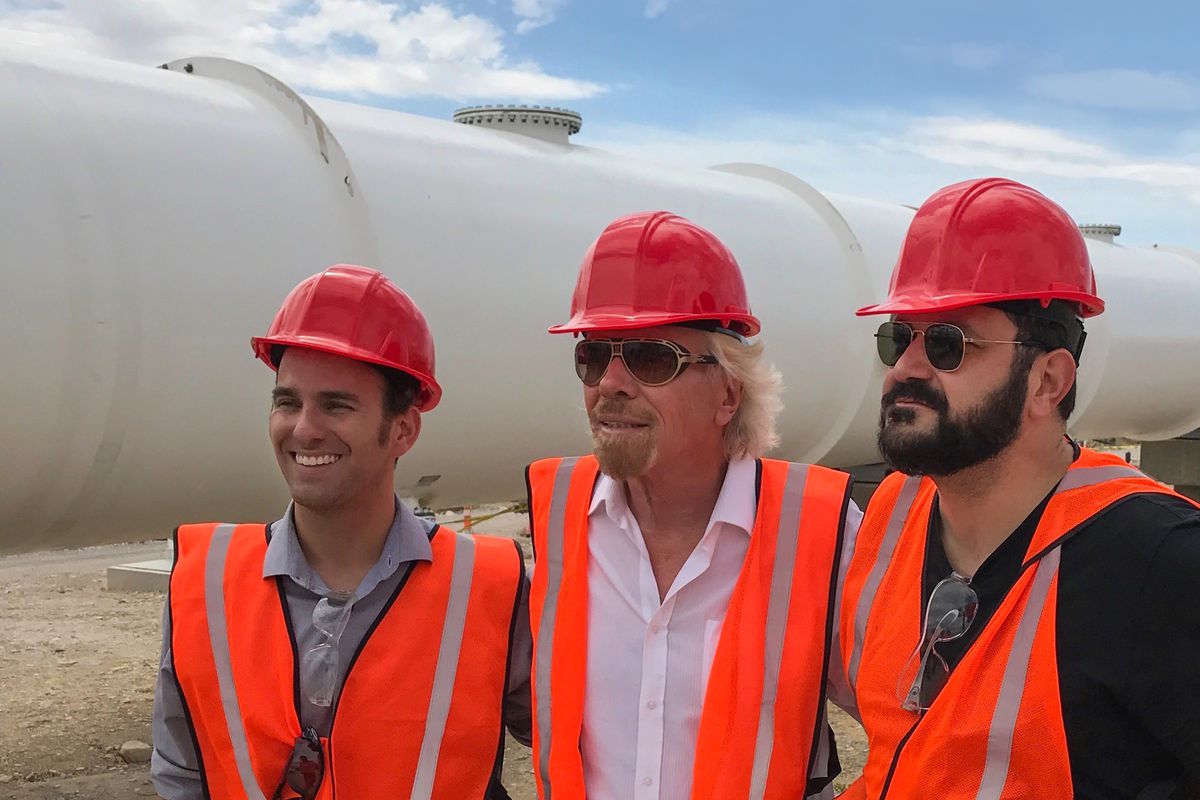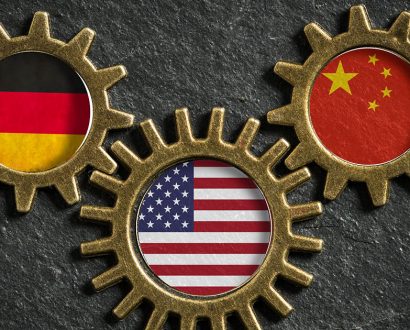In a statement on its website, Virgin Group announced it was investing in the technology. “This is an incredibly innovative and exciting new way to move people and things at airline speeds on the ground,” it reads.
This is an incredibly innovative and exciting new way to move people and things at airline speeds on the ground.
The company further stated that the investment would see the Hyperloop One company rebranded as Virgin Hyperloop One.
Hyper-fast technology
The Hyperloop One technology works by using magnetic propulsion to send pods holding passengers and freight down low-pressure tubes.
The concept was first introduced by billionaire Tesla CEO Elon Musk, who released a white paper outlining plans for a hyper-fast transport system in 2013.
Musk’s ambitious ideas have been described as impractical by both engineers and economists. However, the proposal, which was open sourced, led to a number of companies racing to realise their own version of the transport.
Early stages
The Virgin Group statement notes that successful systems tests have been completed and the technology is now in the initial stages of the commercialisation phase. The prototype hyperloop has so far achieved a top speed of 310 kilometres per hour, or 86 metres per second.

When completed, it is expected that Hyperloop One could slash journey times. It is projected to complete the journey from Edinburgh to London, which currently takes an average of four and a half hours by train, in just 50 minutes.
A transport pioneer
Richard Branson’s companies have long been interested in pushing the boundaries of transport. One of Virgin group’s subsidiaries, Virgin Galactic, bills itself as the “world’s first commercial spaceline”.
In 2004, Branson set a new record for crossing the British channel, when he made the voyage in amphibious car. He has also previously suggested that every car on the road will be electric within 15 years.
Feature Image: Virgin Group







